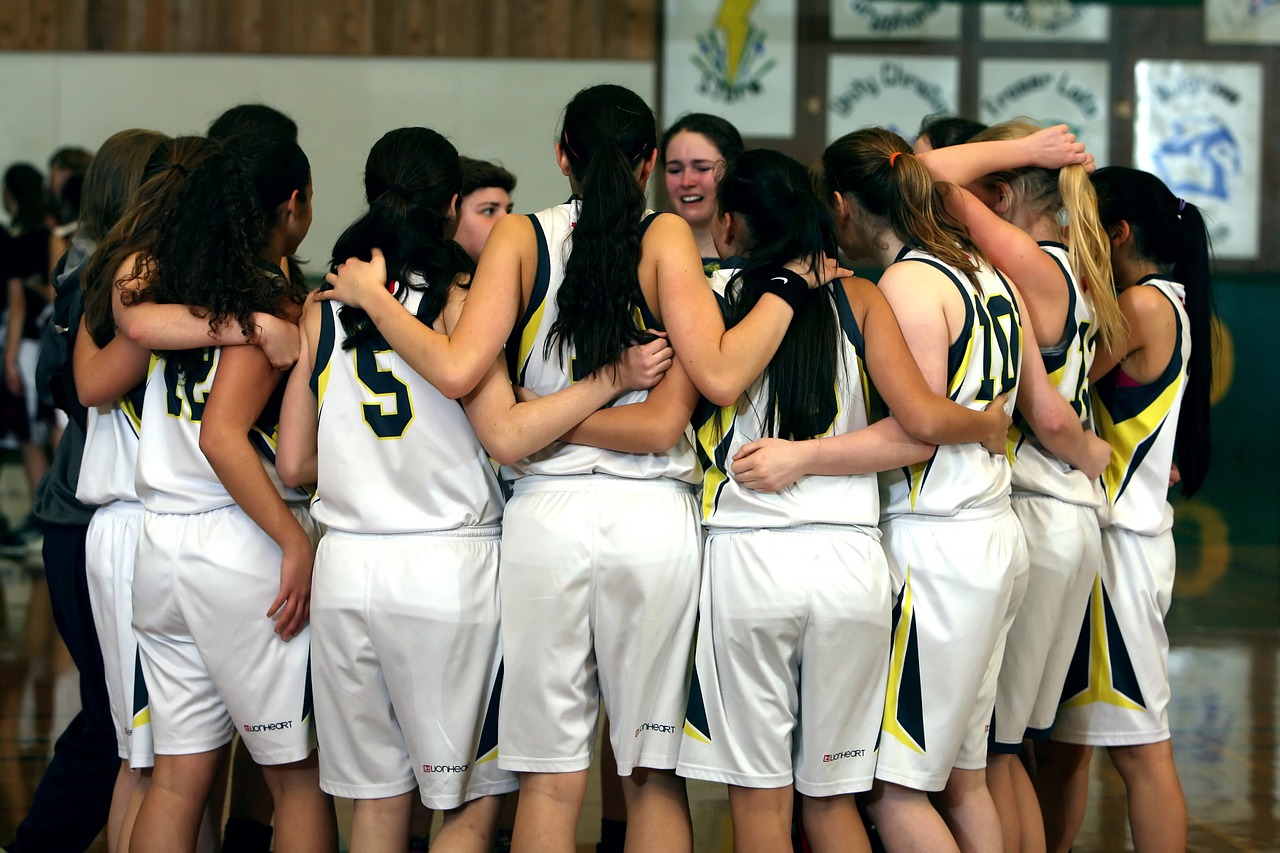The United Nations High Commissioner for Human Rights, Volker Türk, has called on world leaders to take decisive action to address the persistent gender gap in sports. In a speech delivered on July 17, 2024, Türk urged UN member states to prioritize the promotion of women athletes’ rights and invest in closing the disparities that continue to hinder female participation in sports.
Despite growing global attention towards women’s sports, significant inequalities remain. Türk pointed out that women athletes often do not enjoy the same rights or financial rewards as their male counterparts. For instance, the average annual salary of a female football player in top-tier clubs ranges from $10,900 to $24,000, while male football players earn an average of $1.8 million. This disparity severely impacts the careers and opportunities available to women in sports.
Systemic Inequality in Sports Leadership
Representation of women in leadership roles within sports organizations also remains alarmingly low. Türk highlighted that female athletes receive fewer opportunities and less media coverage compared to their male peers. He emphasized that discrimination against women persists, with athletes of African descent facing particularly harsh narratives of racism and hate speech, both online and in physical spaces.
“These practices create barriers that hinder women’s progress in sports,” Türk stated, stressing the need to dismantle such obstacles to foster an equitable sports environment.
According to Türk, it is the responsibility of member states to ensure equality in sports by adopting comprehensive anti-discrimination policies. This includes not only preventing violence and harassment against female athletes but also ensuring that any incidents are thoroughly investigated and addressed.
The Role of Sports Organizations
Türk also noted that sports organizations, including those responsible for major international sporting events, play a crucial role in promoting equality. He urged these organizations to align their operations with international human rights standards, emphasizing the need to assess the impact of their activities on women’s rights and mitigate potential risks.
The importance of creating an equitable sports world is underscored by the potential for sports to drive social and economic change. Türk emphasized that providing equal opportunities for women and girls in sports is essential for fostering a more inclusive society.
International studies and reports, including findings from the Equal Pay International Coalition (EPIC), reveal that male athletes earn approximately 21 times more in playing salaries than their female counterparts. For example, the Cricket Association of Nepal (CAN) recently disclosed data showing a significant salary gap between the men’s and women’s national cricket teams for 2024. A major factor contributing to this disparity is the underrepresentation of women in governance structures within sports, which limits their influence in decision-making processes.
As the call for gender equality in sports grows louder, the onus is on global leaders and sports organizations to enact meaningful changes that ensure women athletes receive equal pay, representation, and respect. Addressing these issues can pave the way for a future where all athletes, regardless of gender, can thrive in a fair and equitable sporting environment.
